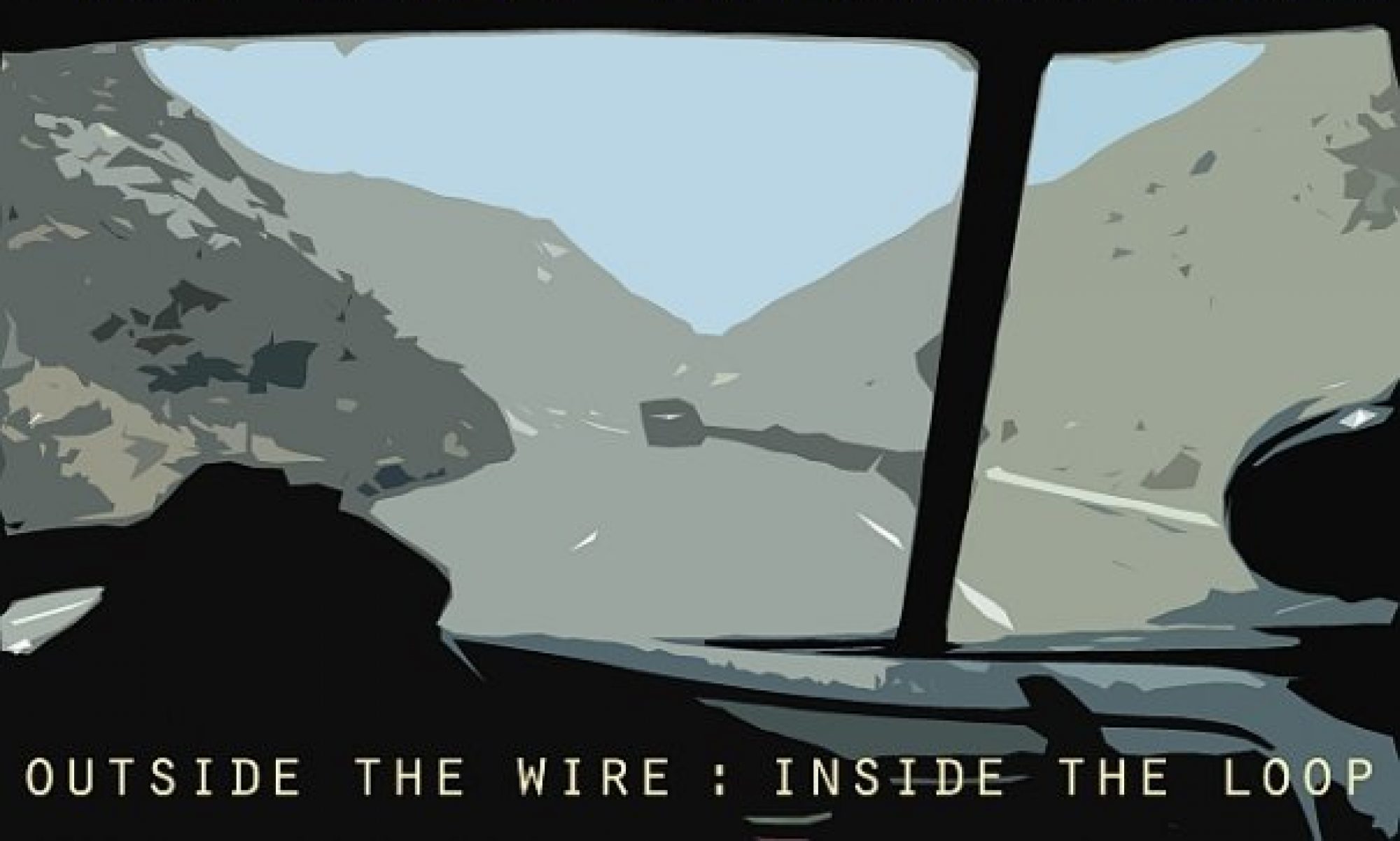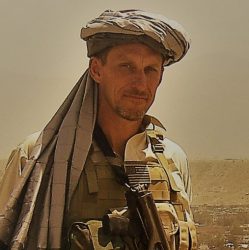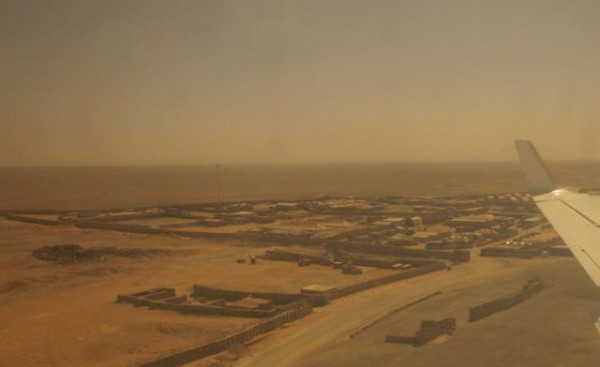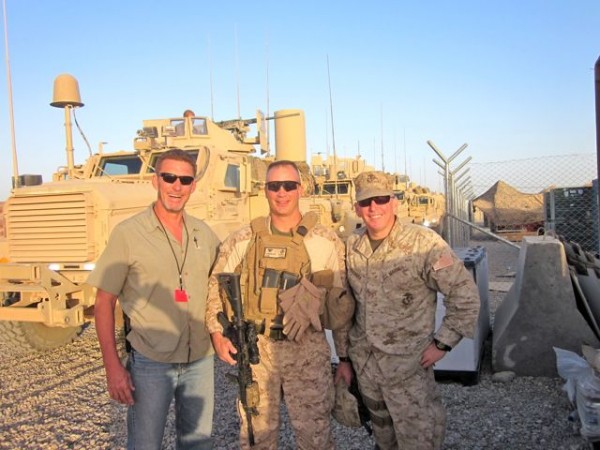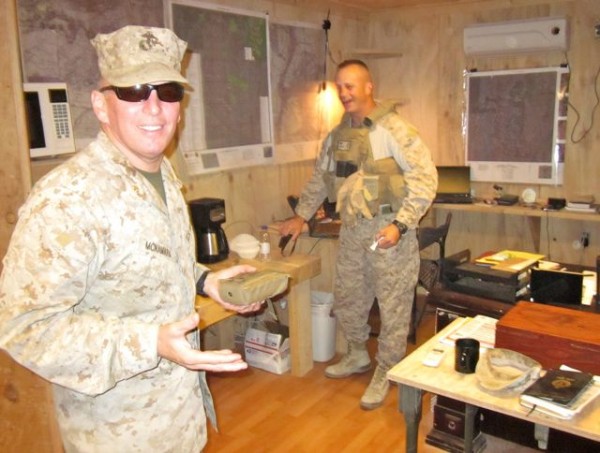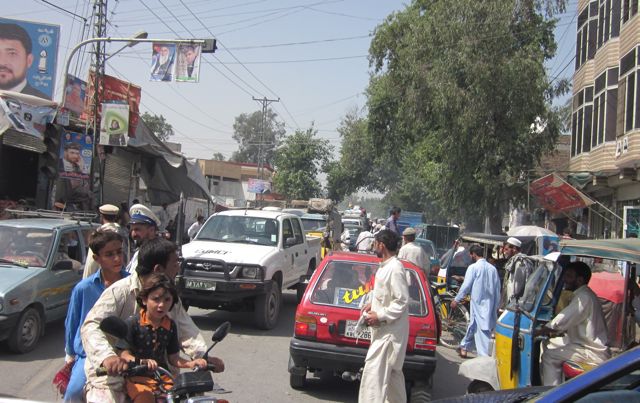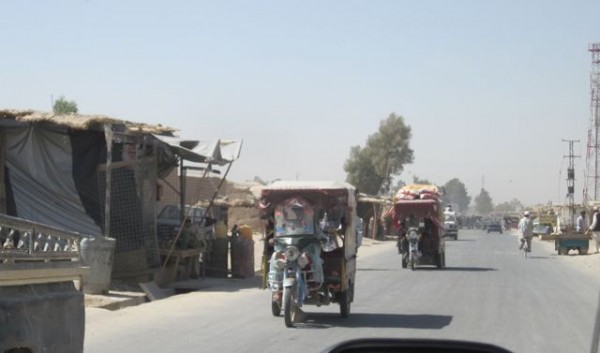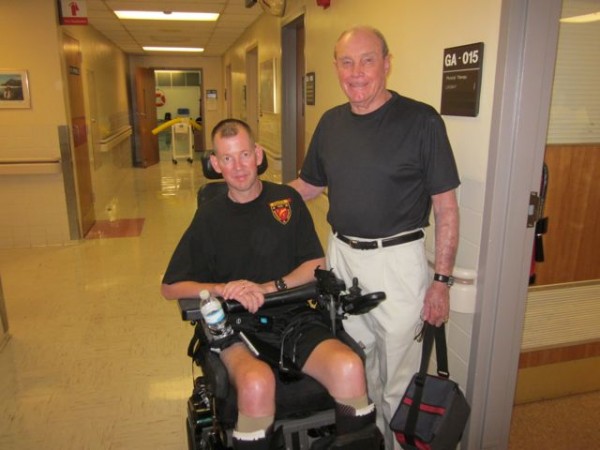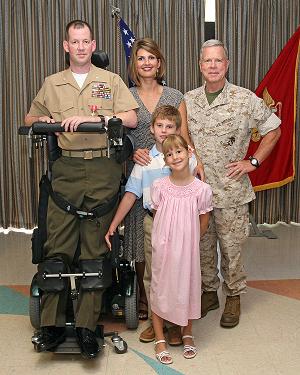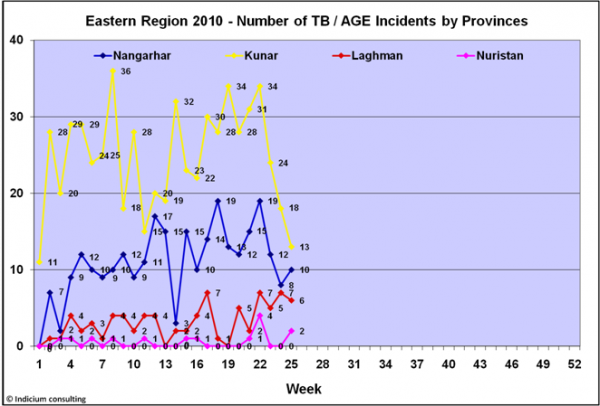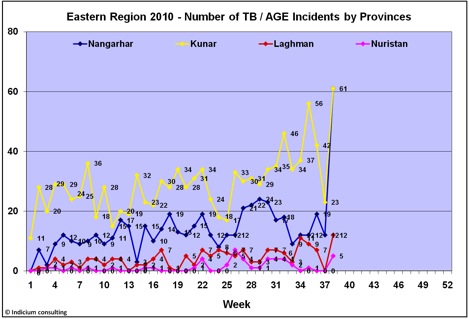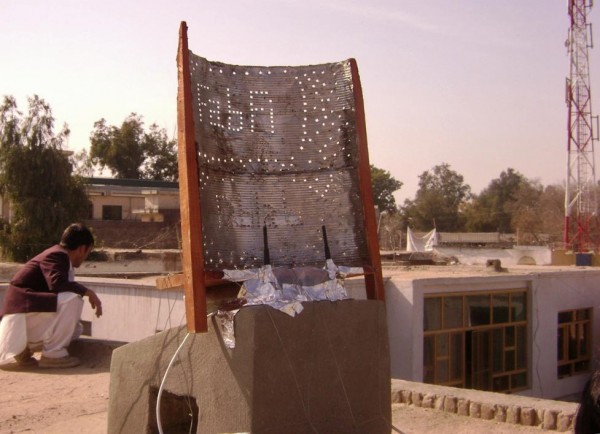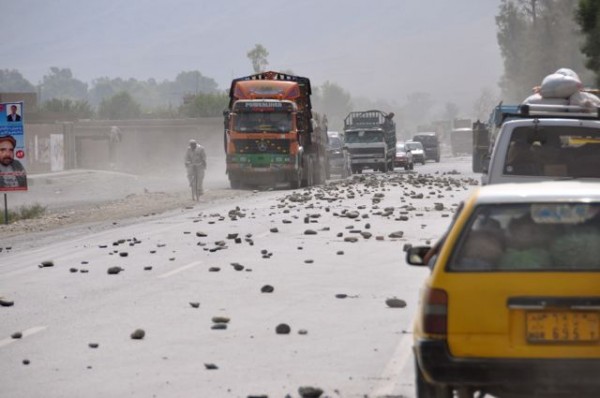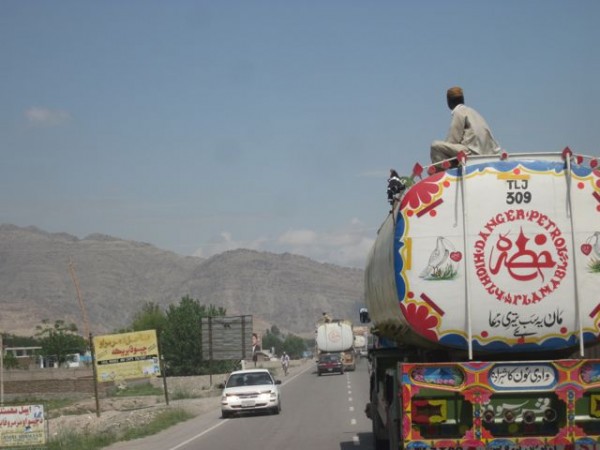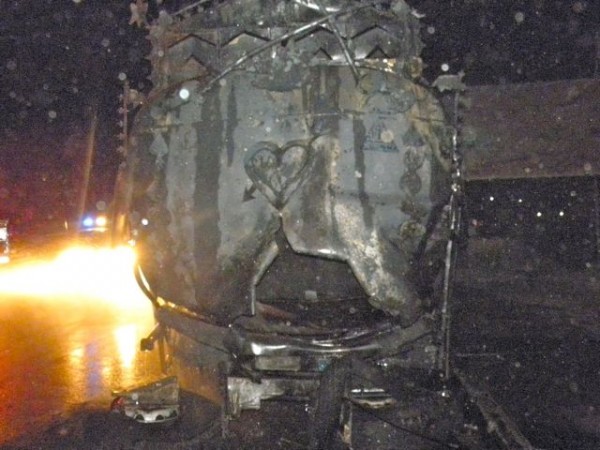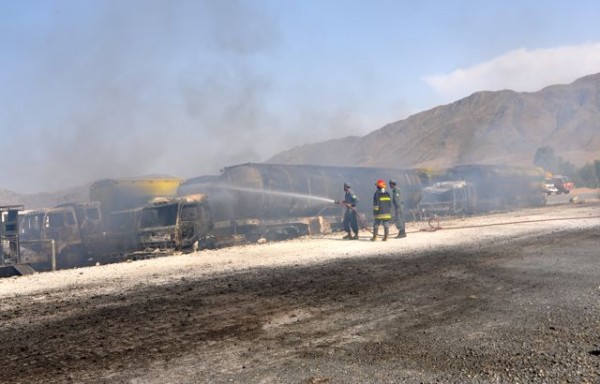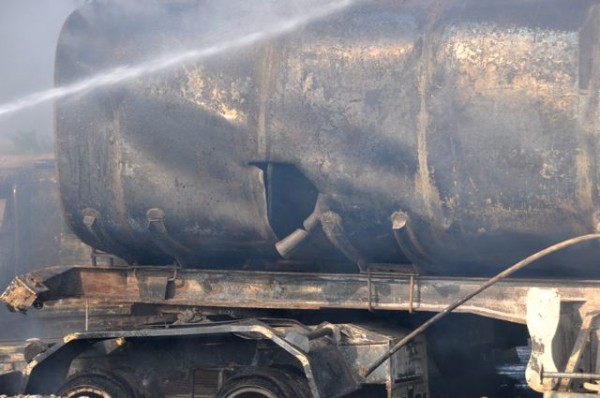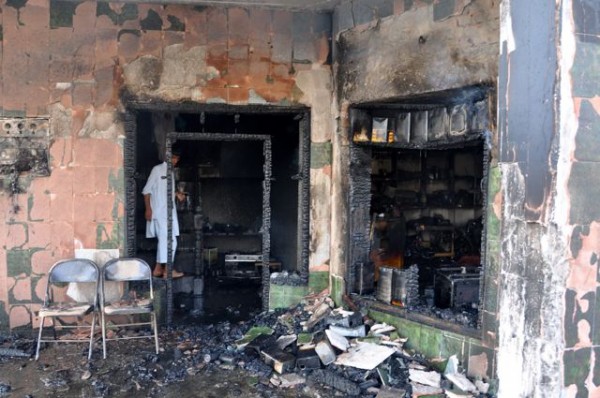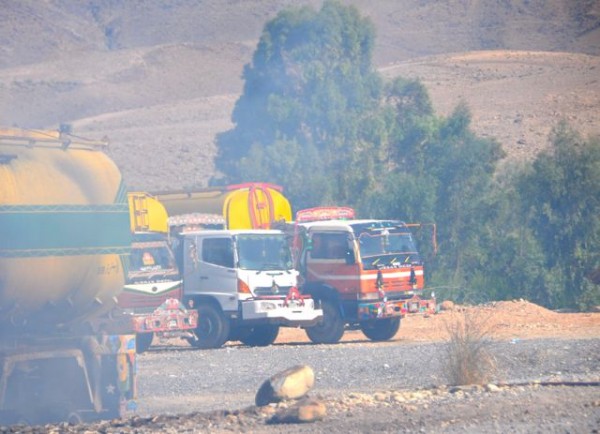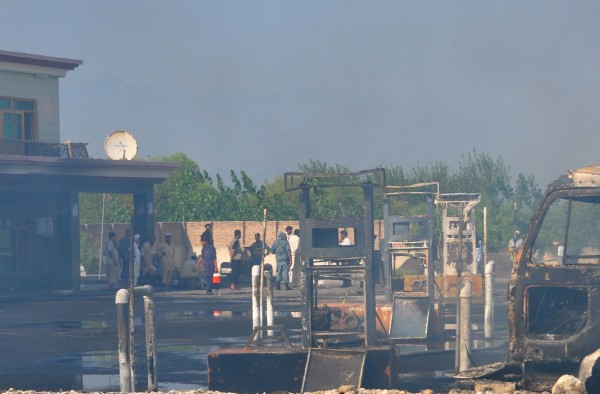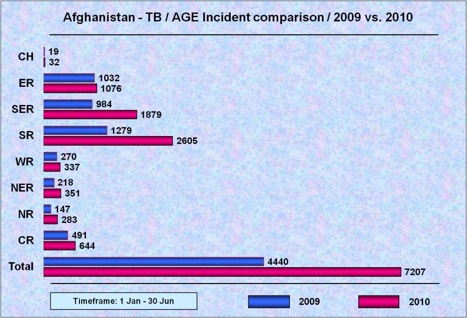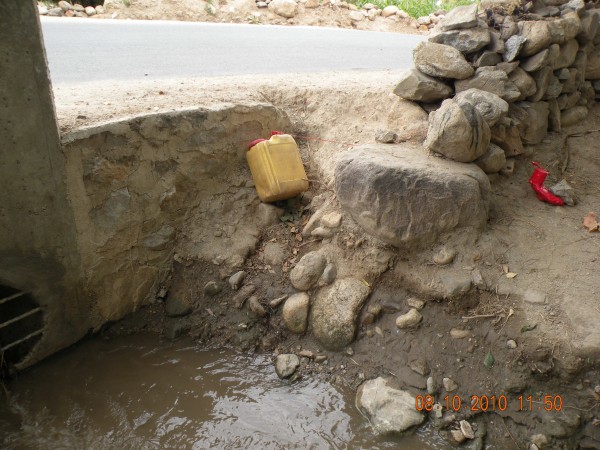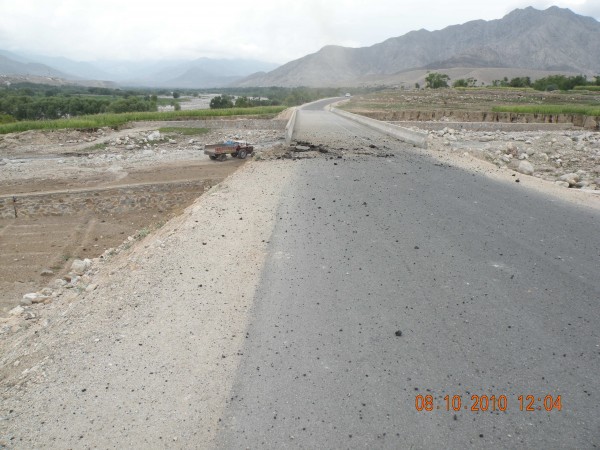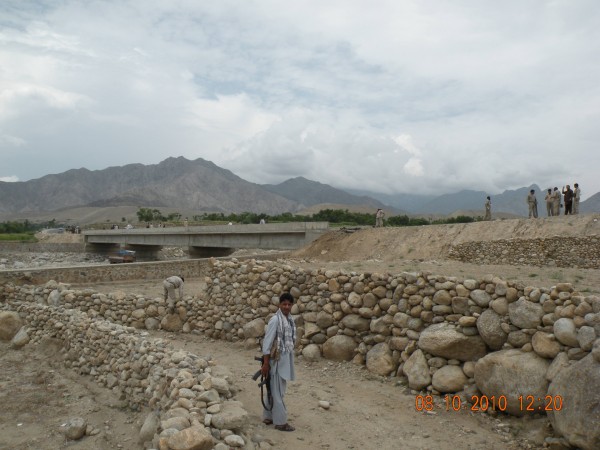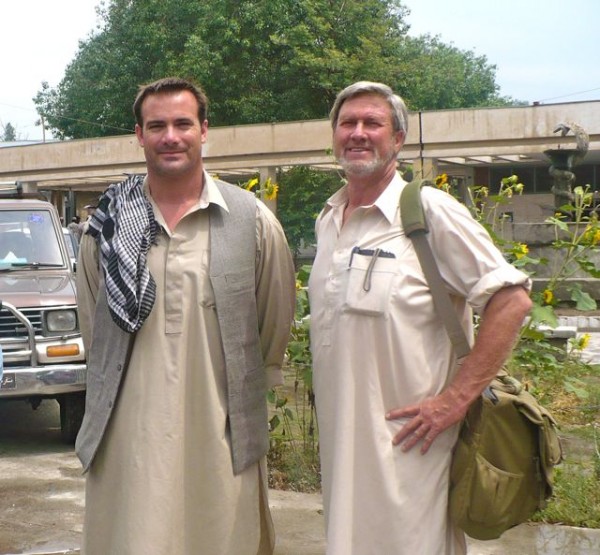After only 90 days of fighting to root out the Taliban from a place they have owned for over a decade, Gen McChrystal called Marjah a bleeding ulcer. That was a harsh assessment given the tenacity of the enemy, the tight rules of engagement, and the limited amount of time the Marines have invested in the fight. Marjah is still being called “the most dangerous place in Afghanistan” by embedded media, which is, in my professional opinion, not true. I’ve just returned from a three-day trip into Marjah after being lucky enough to catch a ride with the CO of Regimental Combat Team 1, Col Dave Furness. There is too much information from that trip to post in one sitting so the first dispatch from the trip will cover Marjah. The other things I saw, such as Senators McCain, Lieberman, Graham, and Gillibrand at the Nawa District Center, will have to wait.
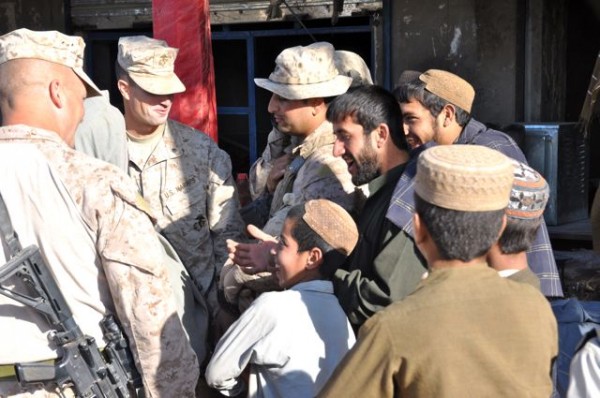
Counterinsurgency requires boots on the ground when needed and time. The Marines have been at this task (clearing Helmand Province) for nine months, and they are winning. However, it is not easy, and it comes at a high cost in terms of both treasure and blood. Despite this, the one complaint I heard from virtually every commander I spoke with concerned their ability to rapidly employ the most potent tool in their arsenal—money. They feel the clearing is about done, so it’s time to start the “holding’ piece. Holding takes money, and money comes from a disbursment bureaucracy incapable of rapidly dispensing funds.
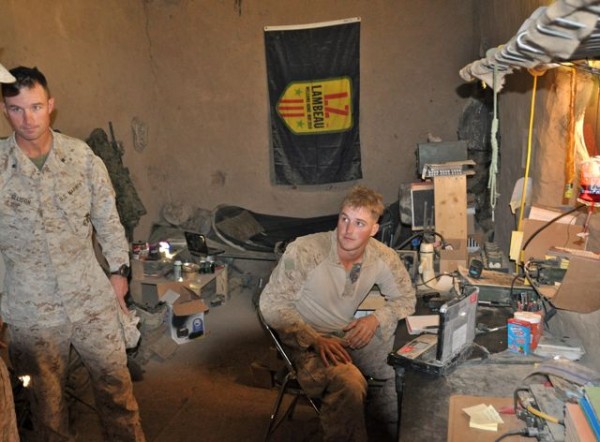
We entered Marjah on the afternoon of 11 November, heading directly to one of the dozens of platoon combat outposts (COPs) that dot the Marjah area. We were heading for an important ceremony, but not one we would wish on anyone else. A painful yet important ritual designed to honor the dead while assisting the living in dealing with the loss of comrades they knew intimately and loved deeply. That is the dynamic of infantry – you know your fellow Marine better than anyone else in the world knows him. You may not always like every member of your platoon, but you love all of them. And there is no doubt in the mind of an infantry Marine that the men he is with will instantly and willingly take suicidal risks to help him if he is in trouble. Memorials are tough, and this one was especially difficult for the very tight 3rd Platoon, Echo Company, 2nd Battalion, 6th Marines because they were saying goodbye to their leader.
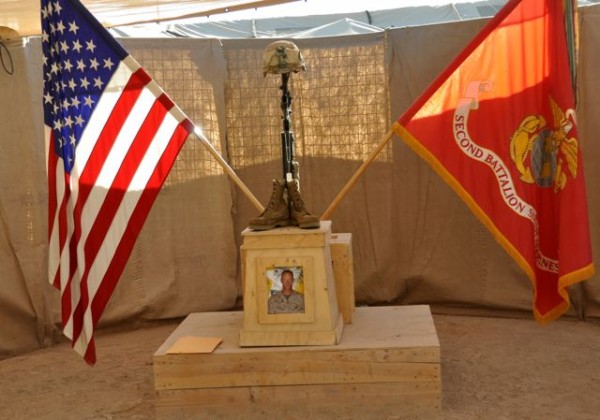
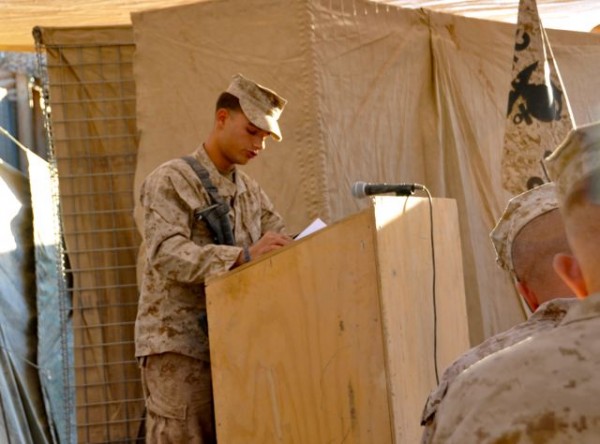
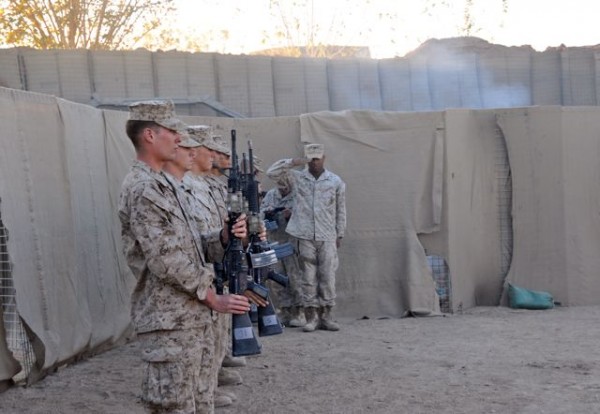
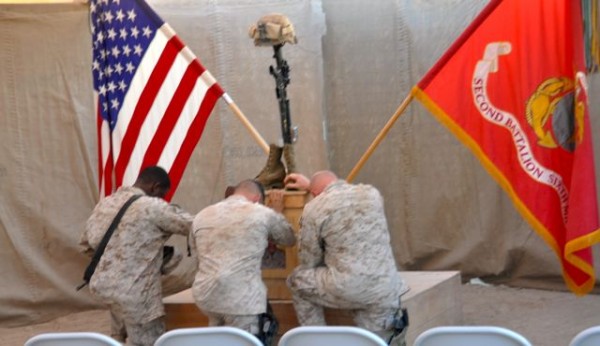
This was my first visit to a Marine COP, and I wished it had been for another purpose. Marjah is rapidly healing, but that doesn’t mean the Taliban has given up and gone to ground.
The 2nd Battalion, 6th Marines, is currently responsible for the southern, central, and some of the northern portions of Marjah, which is actually a series of villages organized around a gigantic grid of canals built by US AID in the 1960s. They are expanding their control block by block by spreading their Marines out into platoon and squad-sized outposts from which Marines constantly patrol on foot. The villains still offer battle, but only on their terms, which means when they fire at a patrol, they have already set up IEDs between their positions and the Marines. The Taliban have learned through bitter experience that Marine infantry maneuvers aggressively while employing precision supporting fires and will close with and destroy those who stand and fight them. The Taliban started to use small arms in an attempt to lure aggressive Marines into mine fields full of improvised explosive devices. Now, the Marines maneuver to engage the teams with small arms, and then swarm them with other units coming in from different directions or with precision fire from drones. That’s the purpose of establishing multiple small portions from which to patrol 24/7.
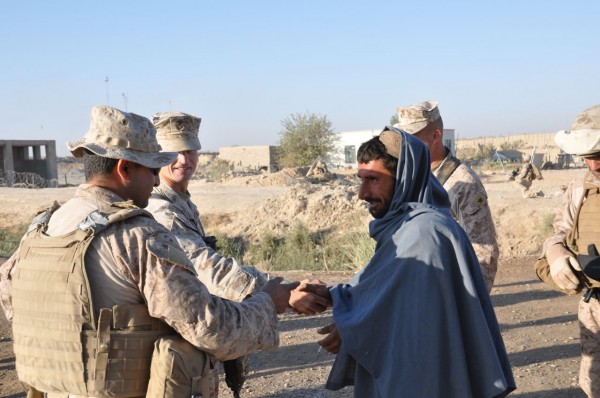
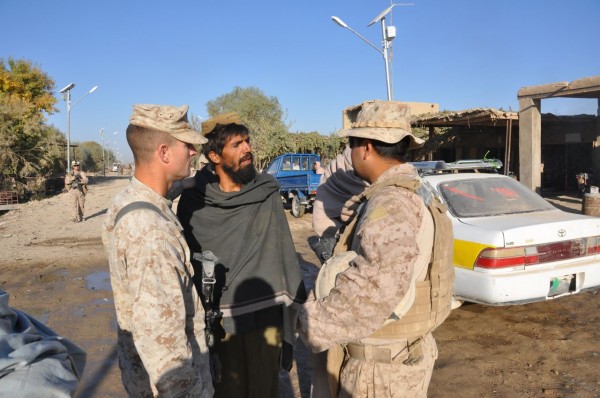
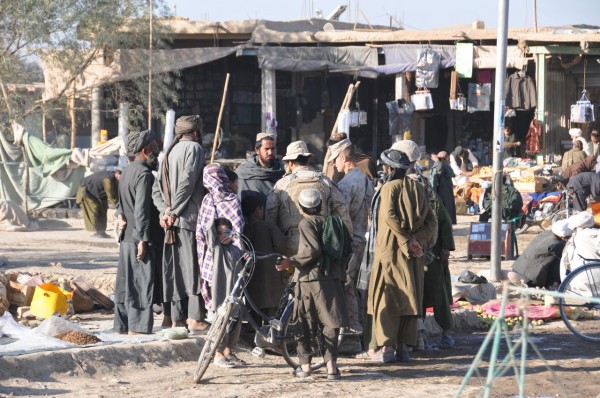
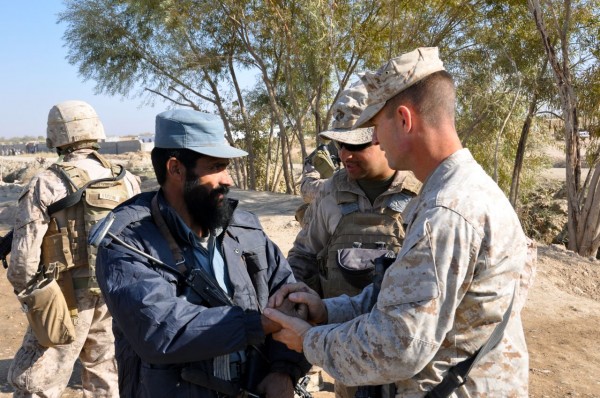
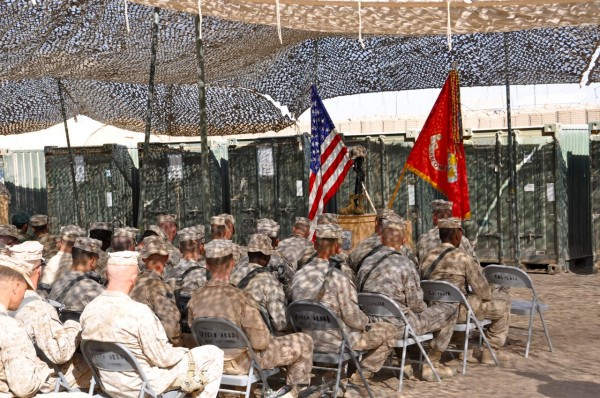
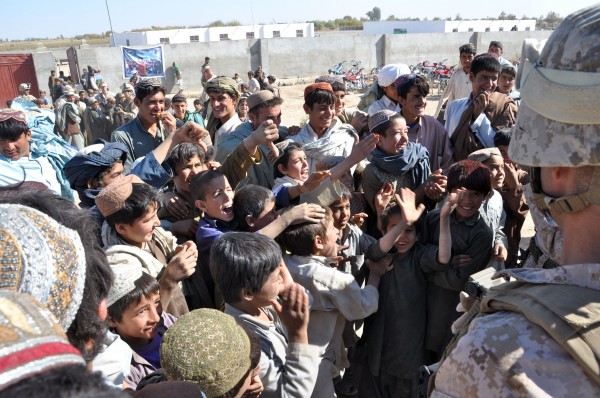
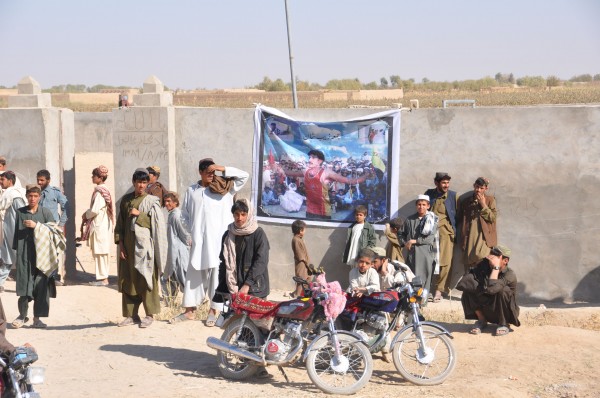
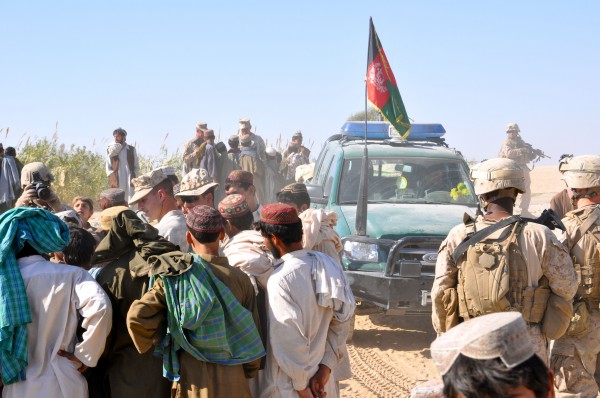
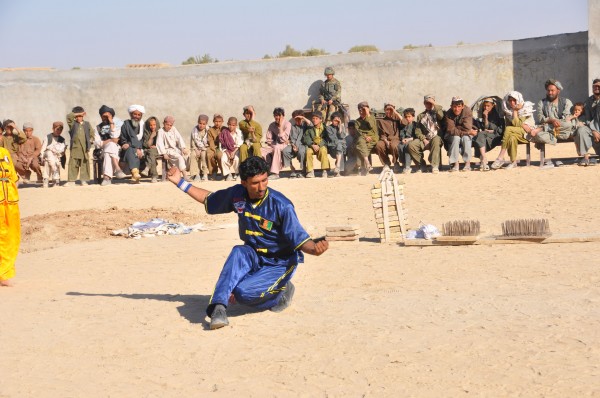
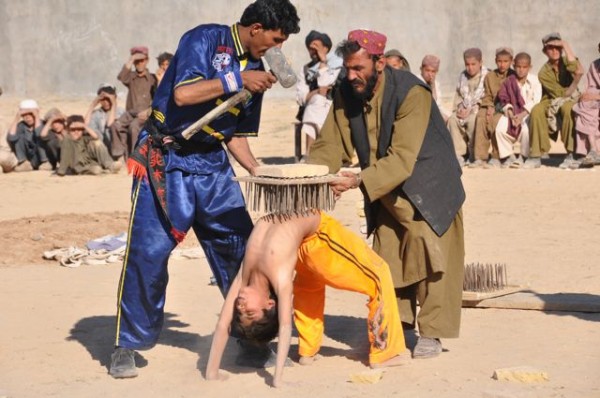
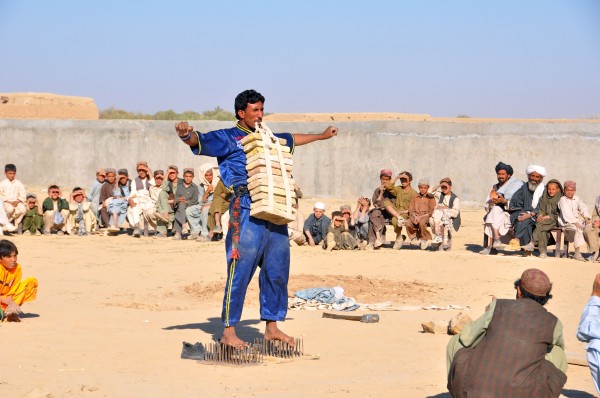
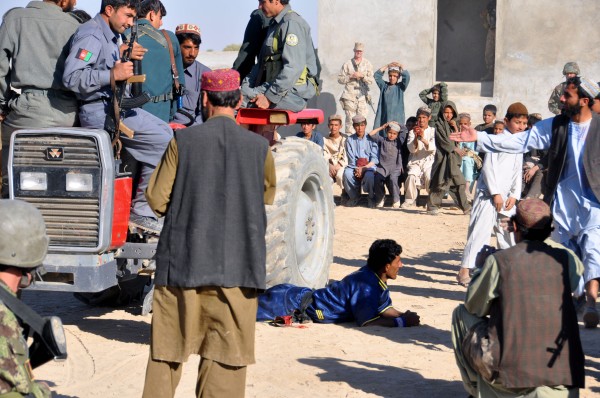
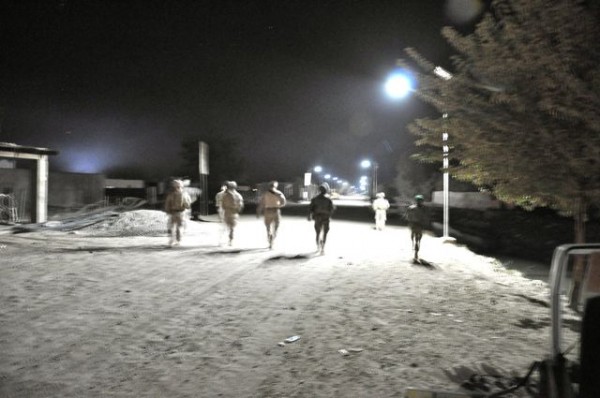
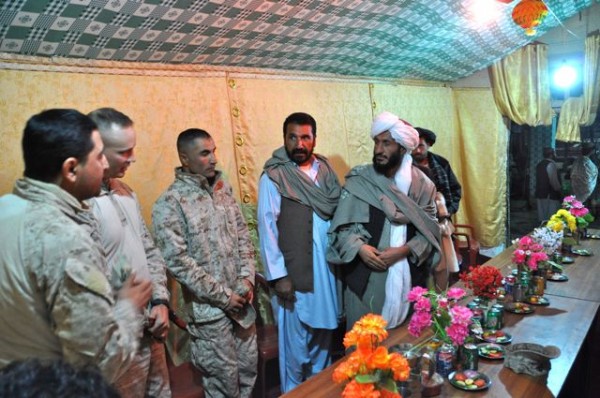
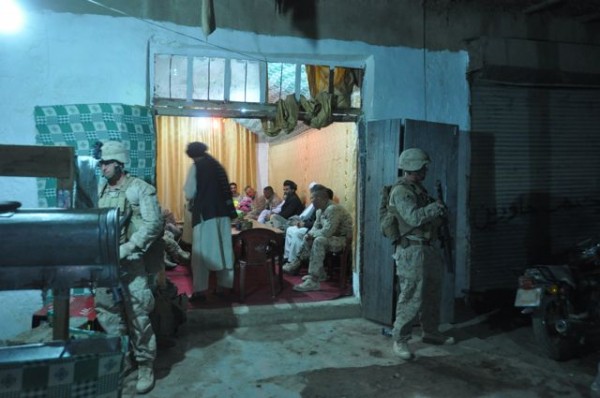
Marjah is no longer the most dangerous place in Afghanistan. That distinction belongs to Sangin, where Col Paul Kennedy is leading the 2nd Regimental Combat Team, in a very stiff fight to secure the area. The Marines’ approach to conducting the counterinsurgency fight has caused some friction with our allies, who believe they are too aggressive. They are, without question, the most aggressive fighters in Afghanistan, but they are also proving to be the most adept at holding the ground they have cleared. The battalion that proceeded 2/6 in downtown Marjah, the 1st Battalion of the 6th Marines, had a 90/10 IED find rate. Only 10% of the IEDs targeting them detonated, and the others were either detected by the Marines or (in a vast majority of the time) were pointed out to the Marines by the local population.
Colonel Furness told me there was a Corporal in 3/1 (deployed in the South around Khanishin) who had an uncanny ability to spot IEDs. His squad wanted him on point every day. 49 times there were IEDs placed to target them, and 49 times this Corporal found them first. Know what you get when you find mines targeting your squad 49 times in a row? Probably a lot of love and respect from your fellow Marines, but you don’t get a combat action ribbon because when you find the mines, every time the villains don’t shoot. Mine blasts are used as the signal to attack with small arms, and the Taliban are not known for their ability to contingency plan, so when the mine doesn’t blow, they slink off. Imagine that, seven months of constant patrols in a kinetic environment, but because you are so good at spotting mines, you don’t get to wear the coveted combat action ribbon. Col Furness isn’t a big fan of that order, but it is an order, so as 3/1 was leaving, he showed up at a company formation and meritoriously promoted the kid to Sergeant. “It was the least I could do – the kid deserved a hell of a lot more… I wish I had 100 just like him.”
Here is another story you don’t often hear. Today, one of the squad patrols from 2/6 was stopped by a local man who wanted to turn in his son for being Taliban. He had told the kid over and over that he did not want him fighting for the Taliban, whom he believes to be un-Islamic. The father and one of his other sons went to the district center to have their statements videotaped, and after doing so, his son was arrested.
Counterinsurgency is a time-consuming endeavor, and it is particularly taxing on the men and women who are doing the fighting. The question is not can we prevail, but will we be allowed to prevail, and that question can only be answered by our Commander in Chief. The President can only “vote present” on Afghanistan for so long. He needs to tell the American people and our allies what we are trying to accomplish in order to define an end state. The “July 2011 drawdown” of forces is neither a plan, an end state, nor a good idea. It is an abdication of leadership for a meaningless date, predicated on nothing more than political calculation. Our president is rumored to be a very smart man. It is time for him to prove it.
